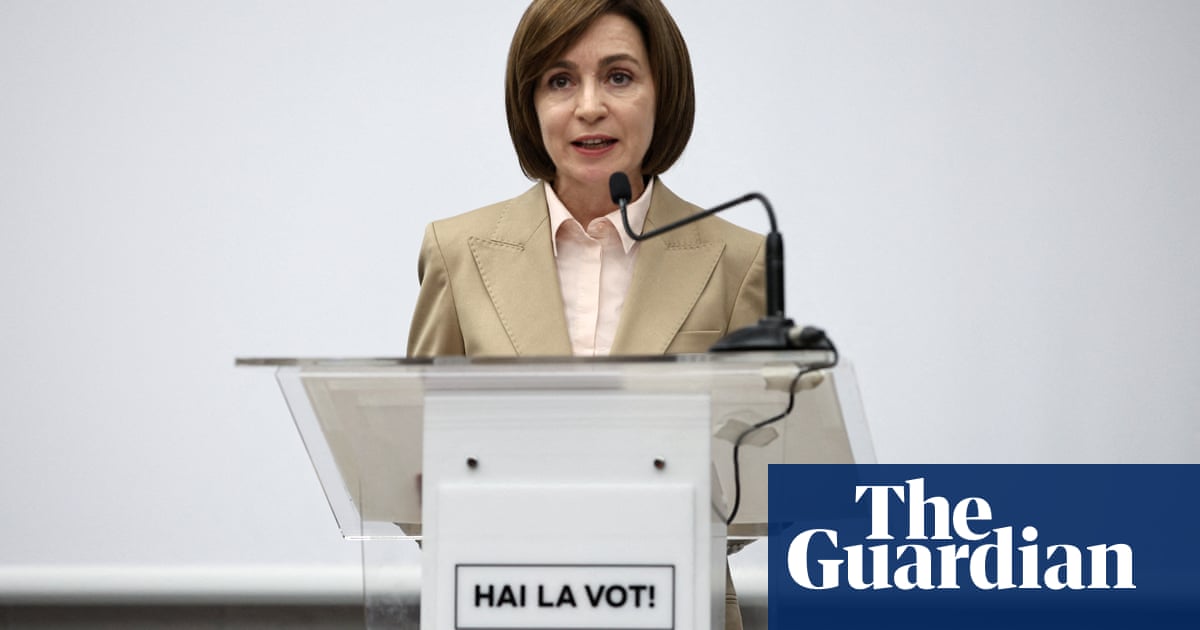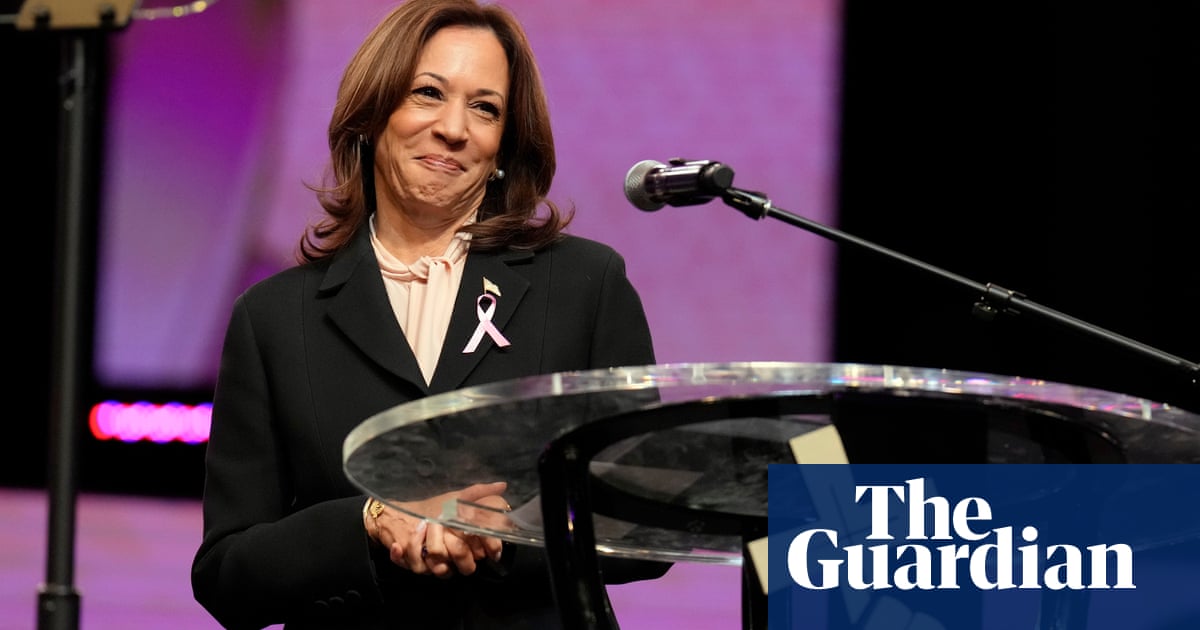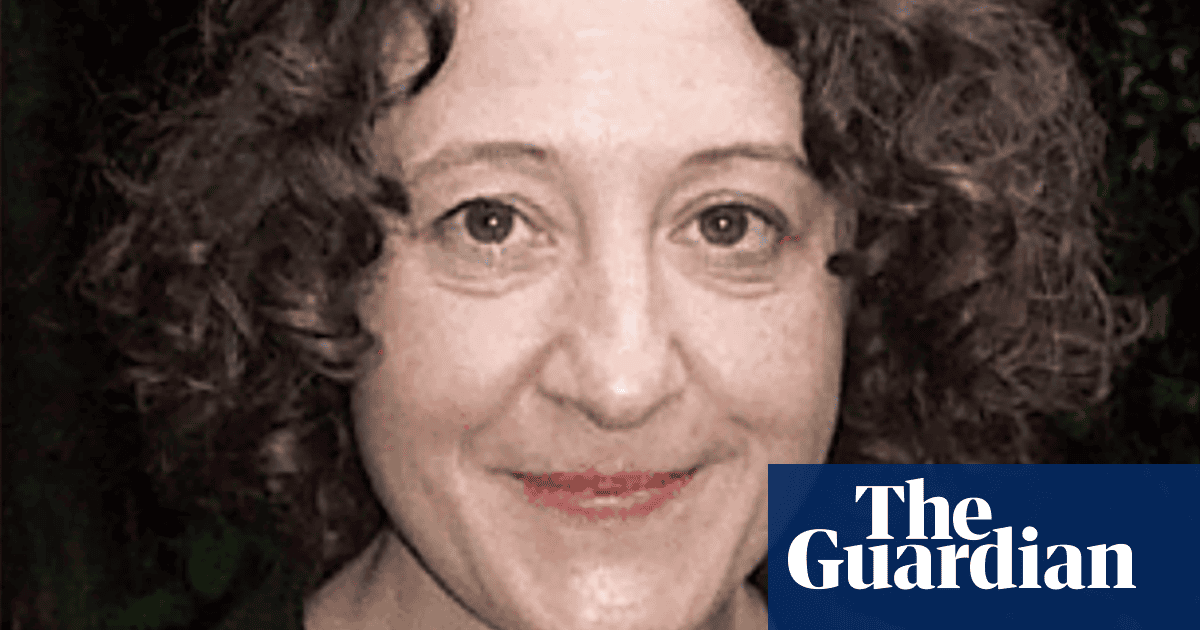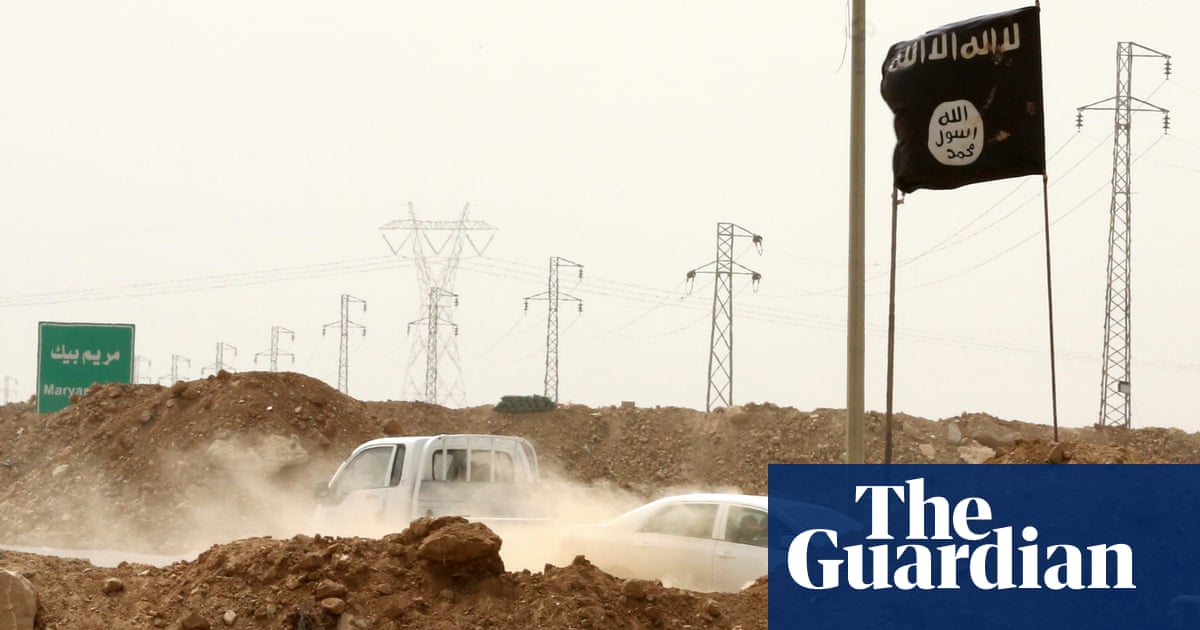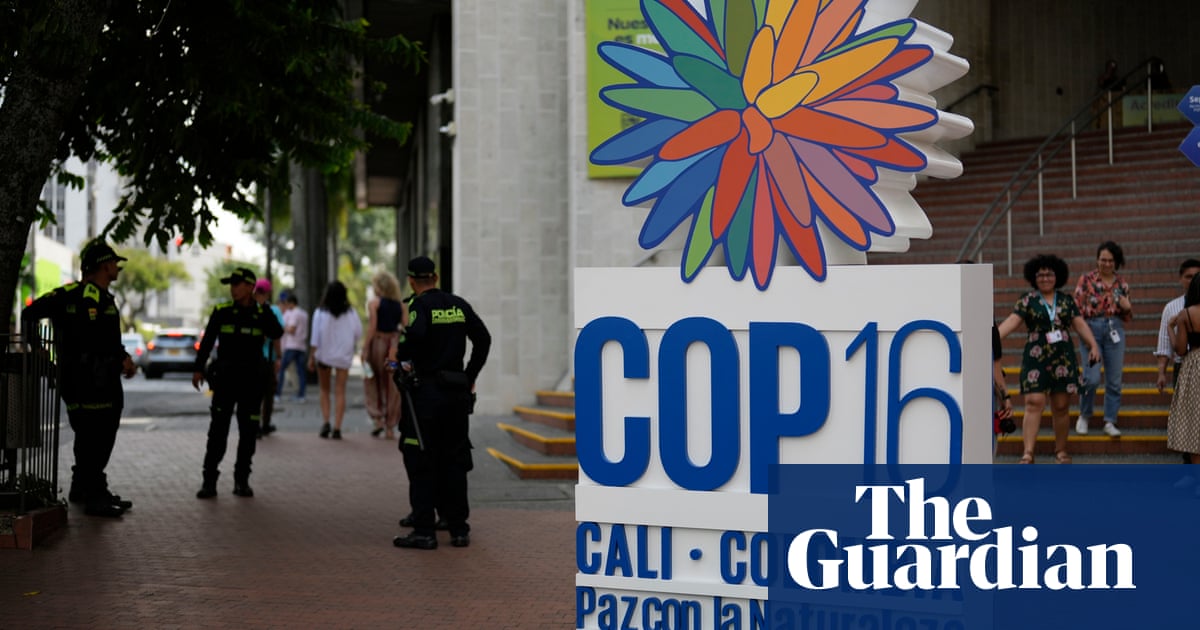Moldovaâs pro-western president, Maia Sandu, blamed an âunprecedented assault on our countryâs freedom and democracyâ by âforeign forcesâ on Sunday night, as a pivotal referendum on EU membership remained too close to call with most votes counted.
Moldovans went to the polls earlier in the day to cast their vote in a presidential election and an EU referendum that marked a key moment in the tug-of-war between Russia and the west over the future of the small, landlocked south-east European country with a population of about 2.5 million people.
With almost 84% of the vote counted, the no vote was ahead on 53%, according to data shared by Moldovaâs electoral commission. But the results could yet change as votes are still being counted among the large Moldovan diaspora, which is favourable to joining the EU.
The separate presidential election results showed that incumbent president Sandu topped the first round of the vote with about 38%, but she will now face her closest competitor, Alexandr Stoianoglo, a former prosecutor backed by the pro-Russian Socialists, in the second round.
The double vote in one of Europeâs poorest countries was seen as a crucial test of Sanduâs pro-European agenda, as she had urged Moldovans to vote âyesâ in the referendum to affirm EU accession as an âirreversibleâ constitutional goal.
The narrow results will disappoint Sanduâs supporters and her allies in Brussels. Pre-election surveys indicated that Sandu held a comfortable lead over her main rival, Stoianoglo, and other candidates, while polls suggested that about 60% of voters supported the pro-EU path in the run-up to the referendum.
Sandu, a 52-year-old former World Bank adviser, was first elected president in November 2020, riding a wave of popularity as an anti-corruption reformer with a pro-European agenda.
Since the breakup of the Soviet Union, Moldova has gravitated between pro-western and pro-Russian courses, but under Sandu it had accelerated its push to escape Moscowâs orbit, especially as Russia launched its war in neighbouring Ukraine.
The two ballots were held amid claims by Moldovan authorities that Moscow and its proxies had orchestrated an intense âhybrid warâ campaign to destabilise the country and derail its EU path.
âMoldova has faced an unprecedented assault on our countryâs freedom and democracy, both today and in recent months,â Sandu told supporters in the capital, ChiÈinÄu, on Sunday as votes were being counted, adding that âcriminal groupsâ had tried to âundermine a democratic processâ.
âWe are waiting for the final results, and we will respond with firm decisions,â she added.
The allegations against Moscow included funding pro-Kremlin opposition groups, spreading disinformation, meddling in local elections and backing a major vote-buying scheme.
In particular, officials accused the fugitive pro-Russian businessman Ilan Shor, a vocal opponent of EU membership, of running a destabilising campaign from Moscow.
Earlier this month, the national police chief, Viorel CernÄuÈanu, accused Shor and Moscow of establishing a complex âmafia-styleâ voter-buying scheme and bribing 130,000 Moldovans â almost 10% of normal voter turnout â to vote against the referendum and in favour of Russia-friendly candidates in what he called an âunprecedented, direct attackâ.
after newsletter promotion
On Thursday, law enforcement agencies said they had also uncovered a programme in which hundreds of people were taken to Russia to undergo training to stage riots and civil unrest.
In total, Moldovan officials claimed Russia had spent about $100m this year on Moldovaâs electoral processes.
Moldova applied to join the EU after Russiaâs full-scale invasion of neighbouring Ukraine, which was harshly condemned by Sandu and many in the country as tens of thousands of Ukranian refugees fled to ChiÈinÄu.
Moldova officially began EU accession negotiations in June, though scepticism remains high about the countryâs ability to implement the necessary democratic and judicial reforms in the near future.
Observers believe Sandu could now be facing a tricky second-round runoff against a united pro-Moscow opposition front led by Stoianoglo.
Stoianoglo, a former prosecutor general who was dismissed by Sandu, urged people to boycott the referendum or vote ânoâ, describing it as a âcynicalâ move to boost Sanduâs popularity.
In an earlier interview with the Guardian, Stoianoglo denied that he was working on behalf of Russia. But he declined to criticise the Kremlin for its invasion of Ukraine and called for improved relations with Moscow.
